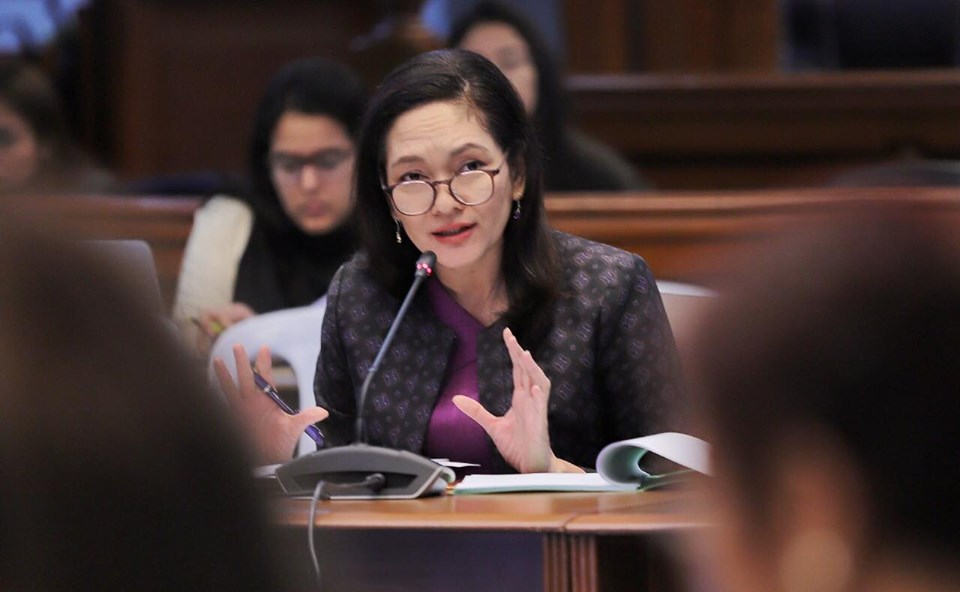
“The Chinese government has a 40% stake in Dito telco. Tapos hindi pala handa ang ating mga depensa laban sa cyberattacks. Dapat hindi nauunahan ng isang Chinese government, sa pamamagitan ng ChinaTel, ang pagpapatayo ng mga networks sa bansa kung may unresolved issues pa sa seguridad at depensa,” Hontiveros said.
During the Senate hearing on Dito telco’s franchise, engineer Pierre Galla of Demoracy.net.ph said that the country has not established a cyberdefense doctrine to guide our Armed Forces and intelligence community in combatting threats in the digital landscape, including those posed by State-sponsored hacking groups.
“Kailangan magkaroon na nito bago pa magpapasok ng isang kumpanyang maaring gamiting trojan horse. Alam naman natin na may pansariling interes ang Tsina sa ating bansa, kaya this so-called cyberdefense doctrine should be established quickly,” the senator said.
During the hearing, the senator said that a China-based hacking group, code name “Naikon,” has been quietly carrying out a five-year espionage campaign against Asia-Pacific governments, including the Philippines.
“ChinaTel is not a private corporation. This is a proxy of a Chinese regime intent on pushing its weight around and imposing its will upon the region. By allowing a proxy of the Chinese government to set up networks in the country, as well as facilities in our military camps, it is reasonable to conclude that a state-sponsored hacking group can easily get one foot in our door. It might become the spearhead of a Chinese cyber offensive against the country,” said Hontiveros, who filed Senate Resolution No. 137 that seeks to probe the deal between the Armed Forces of the Philippines and Dito.
Hontiveros added that under Chinese law, a Chinese corporation is obliged to cooperate in intelligence-gathering efforts. “We cannot divorce Dito’s franchise from ChinaTel’s stake in it. At a time when China continues her adventurism in contested territories in the West Philippine Sea, it is even more crucial that we stay vigilant and fiercely protect what is rightfully ours,” Hontiveros concluded.